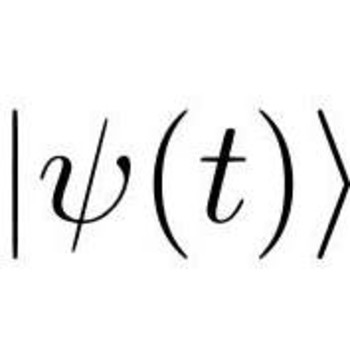We begin with 20g of a certain radioactive isotope. As it decays, the amount remaining at time t (hrs) is A = 20e-0.08t. What is its rate of decay at time t = 8 ? solution
Leaving the answer to two decimal places
Leaving the answer to two decimal places
1 Answer
Explanation:
Well, the decay function here is:
where:
#A# is the amount remaining
#t# is the time taken in hours
So, the rate of decay will be the derivative of the amount remaining, as it will the rate of change of the amount left.
Differentiating respect to time, we get:
Let's compute
Let
Then
Combining, we get:
Substituting back
So, the derivative of
At

